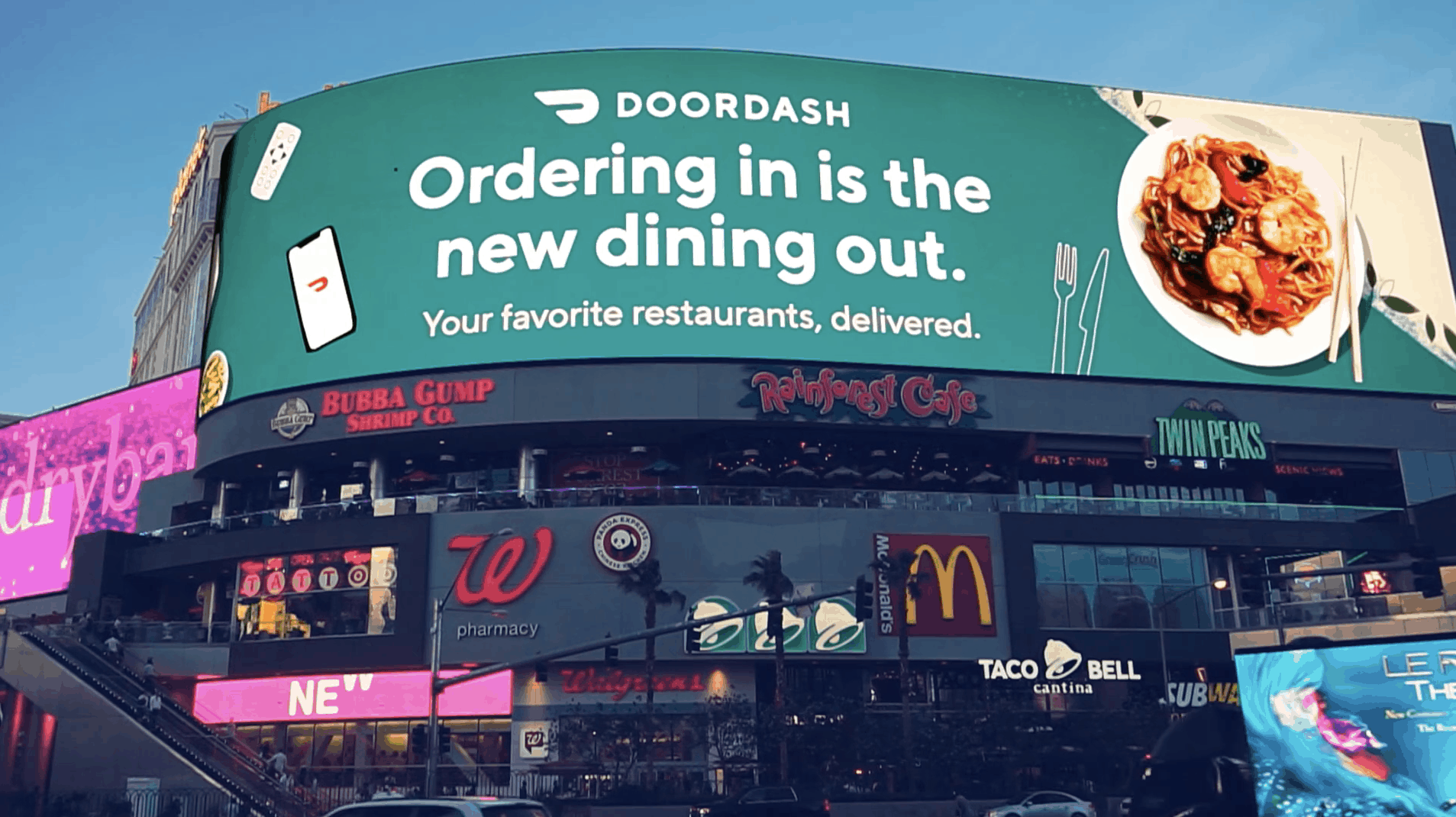
Greg Volynsky is a student at Harvard Law School.
In Today’s News & Commentary, thousands of Los Angeles hotel workers return to work, major food delivery services sue to enjoin enforcement of a New York City gig worker wage rule, and the Guardian reports on the resurgence of the United Farm Worker union.
On Wednesday, thousands of Los Angeles hotel workers returned to work after a three-day strike (which Jacqueline previously reported), but union leaders anticipate more strikes and walkouts. Unite Here Local 11, which represents 15,000 workers, authorized the strike last month. A deal with employers has not been reached.
On Thursday, Uber, DoorDash, Grubhub, and Relay, major food delivery services, filed a lawsuit against New York City in a bid to stop a new wage standard for gig workers from being implemented on July 12. The lawsuit argues the NYC Department of Consumer and Worker Protection exceeded its statutory authority in promulgating the new rule. The new minimum wage was announced by Mayor Eric Adams last month. This standard would increase the hourly rate to roughly $18 and further to $20 by 2025 from the current estimated $11, including tips and expenses (more than 25% less than the $15 state minimum wage). The companies argue that this increase in wages will lead to a rise in prices for consumers and could adversely impact local restaurants. They also contend that the new standard would force the companies to tightly regulate the time delivery workers spend online but not delivering.
The Guardian reports that United Farm Workers (UFW), a labor union that had declined in membership and influence over the years, has seen a resurgence as it successfully unionized 500 workers at five farms in New York state. This represents the union’s largest achievement in recent years and marks its first organizing efforts in the northeast, increasing the UFW’s membership by 8%. Since the NLRA exempts agricultural laborers, a four-year-old New York law—the Farm Laborers Fair Labor Practices Act—facilitated the unionization effort, preventing retaliation and requiring card-check recognition. The NYT reported in March that UFW has only 5,500 members in California, compared to 60,000 in the 1970s. The UFW aims to extend its success to other states, particularly California and Hawaii, which also have laws facilitating unionization among farmworkers.






Daily News & Commentary
Start your day with our roundup of the latest labor developments. See all
March 3
In today’s news and commentary, Texas dismantles their contracting program for minorities, NextEra settles an ERISA lawsuit, and Chipotle beats an age discrimination suit. Texas Acting Comptroller Kelly Hancock is being sued in state court for allegedly unlawfully dismantling the Historically Underutilized Business (HUB) program, a 1990s initiative signed by former Governor George W. Bush […]
March 2
Block lays off over 4,000 workers; H-1B fee data is revealed.
March 1
The NLRB officially rescinds the Biden-era standard for determining joint-employer status; the DOL proposes a rule that would rescind the Biden-era standard for determining independent contractor status; and Walmart pays $100 million for deceiving delivery drivers regarding wages and tips.
February 27
The Ninth Circuit allows Trump to dismantle certain government unions based on national security concerns; and the DOL set to focus enforcement on firms with “outsized market power.”
February 26
Workplace AI regulations proposed in Michigan; en banc D.C. Circuit hears oral argument in CFPB case; white police officers sue Philadelphia over DEI policy.
February 25
OSHA workplace inspections significantly drop in 2025; the Court denies a petition for certiorari to review a Minnesota law banning mandatory anti-union meetings at work; and the Court declines two petitions to determine whether Air Force service members should receive backpay as a result of religious challenges to the now-revoked COVID-19 vaccine mandate.